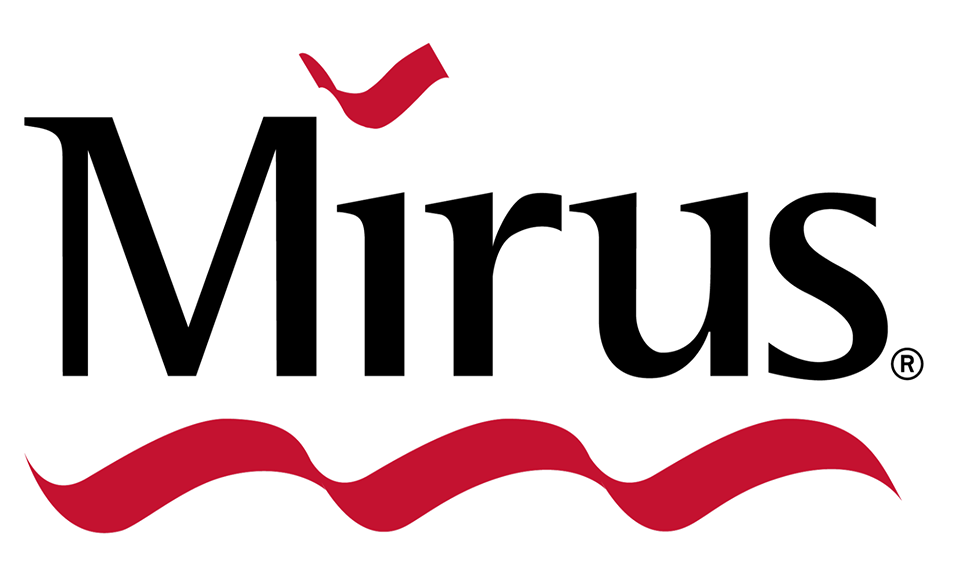Sponsored content brought to you by

What have been the biggest advances in your field over the past few years?
 The efficacy of new gene therapies for the treatment of a subset of blood cancers and genetic disorders is remarkable. The mainstream utilization of gene therapies requires improvement of the tools used to generate the carriers of the genes, namely recombinant lentivirus (LV) and adeno-associated virus (AAV). Transient transfection is the most efficient and broadly used approach for generating recombinant virus. Improving the virus yield from the transient transfection process will allow for stream-lined gene therapy vector manufacturing and a significant reduction in the overall cost.
The efficacy of new gene therapies for the treatment of a subset of blood cancers and genetic disorders is remarkable. The mainstream utilization of gene therapies requires improvement of the tools used to generate the carriers of the genes, namely recombinant lentivirus (LV) and adeno-associated virus (AAV). Transient transfection is the most efficient and broadly used approach for generating recombinant virus. Improving the virus yield from the transient transfection process will allow for stream-lined gene therapy vector manufacturing and a significant reduction in the overall cost.
Recognizing the need to improve gene and cell therapy production platforms, Mirus Bio sought to develop a new transfection reagent specifically for high titer manufacture of recombinant LV and AAV in 293-derived cell types. Early in the research and development process we found that the assessment of reporter genes (i.e., GFP or luciferase) was not sufficient to predict if high recombinant virus yields would be obtained. Through screening of our novel polymer and lipid libraries we discovered that a baseline level of transgene expression is required, but once expression is above that threshold, transfection efficiency alone is not predictive of the functional virus yields. This prompted us to adapt our transfection reagent development screening strategy to address the specific application. Using a functional LV and AAV read-out, we were able to identify a novel polymer and lipid transfection formulation, TransIT-VirusGEN®, that results in multi-fold increases in virus yield over the polyethyleneimine (PEI) based reagents in both adherent and suspension 293-derived cell types.
What products/services do you offer to support the industry?
Historically Mirus Bio has offered high quality and robust products for the research market, including the TransIT-VirusGEN Transfection Reagent, but in 2019 we turned our attention to further support the pre-clinical and early clinical gene therapy trials with the launch of a higher-grade version, TransIT-VirusGEN SELECT. This product line is ready-to-use, chemically defined and free of animal components. The TransIT-VirusGEN SELECT Transfection Reagent includes release testing for performance, reagent identity, sterility, endotoxin and mycoplasma. We are also actively pursuing a GMP-compliant TransIT-VirusGEN Transfection Reagent to support customers who require the most highly qualified raw materials. The VirusGEN family of transfection reagents will ensure a seamless transition from discovery through clinical trials and commercial manufacturing.
What’s your vision for the future of the field over the next 5–10 years?
We believe that through partnership and collaboration within the scientific community we can globally increase our capacity to produce recombinant virus, namely LV and AAV, to rein in costs and offer gene therapies more broadly. To meet the increasing virus demand, the field is rapidly moving from adherent cells to suspension cells, which offer many benefits including scalability and the availability of serum-free complete medium formulations, albeit frequently at the expense of lower virus titers. There is also movement away from producing virus in 293-derived cells transformed with large T-antigen to ease the path to regulatory approval. Simplifying the manufacturing process by starting with higher grade ancillary or raw materials, such as the TransIT-VirusGEN SELECT or TransIT-VirusGEN GMP Transfection Reagent (available in 2020), reduces the workload on the contract development and manufacturing organizations (CDMO) and academic vector cores manufacturing the recombinant vectors. Obtaining higher virus yields will promote cost-savings through process efficiency including a reduction in labor, raw materials and consumables either through the scale-down of the culture volume or a decrease in the number of manufacturing runs required.
What are the most exciting products, services, or initiatives in development?
Mirus Bio has a new research and development initiative focused on the synthesizing and identifying LV and AAV production enhancers that can be added at the time of transfection or post-transfection to further maximize virus yields over TransIT-VirusGEN alone.





